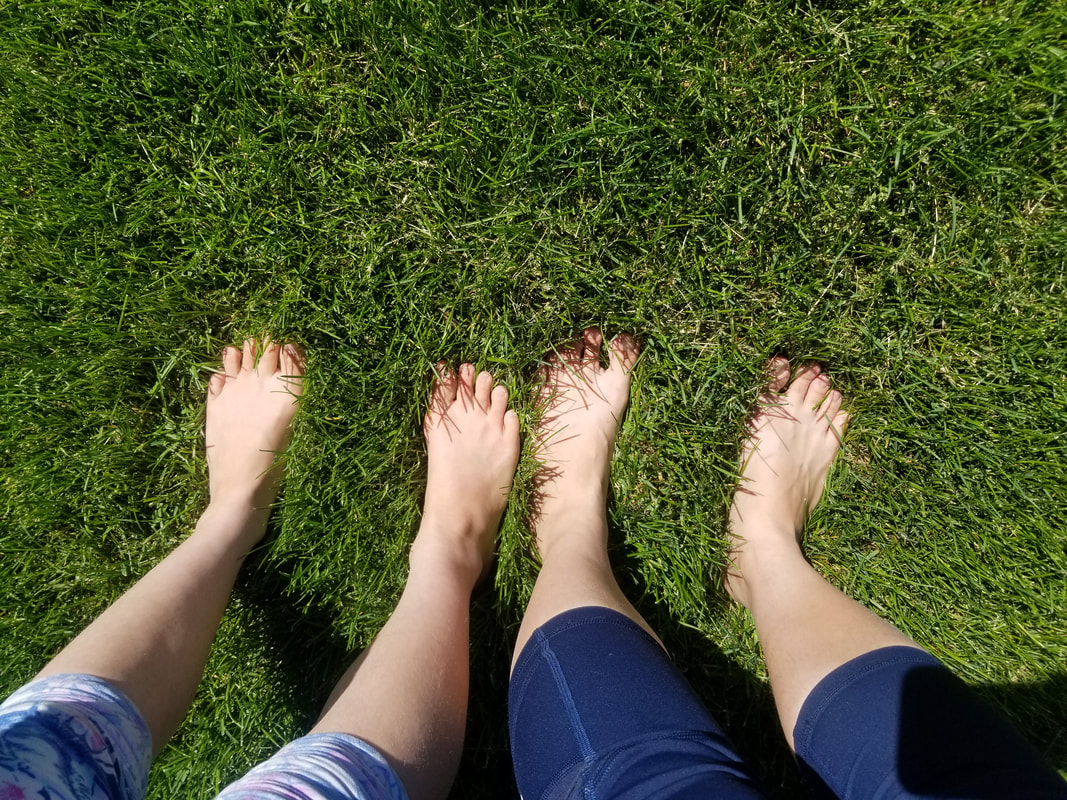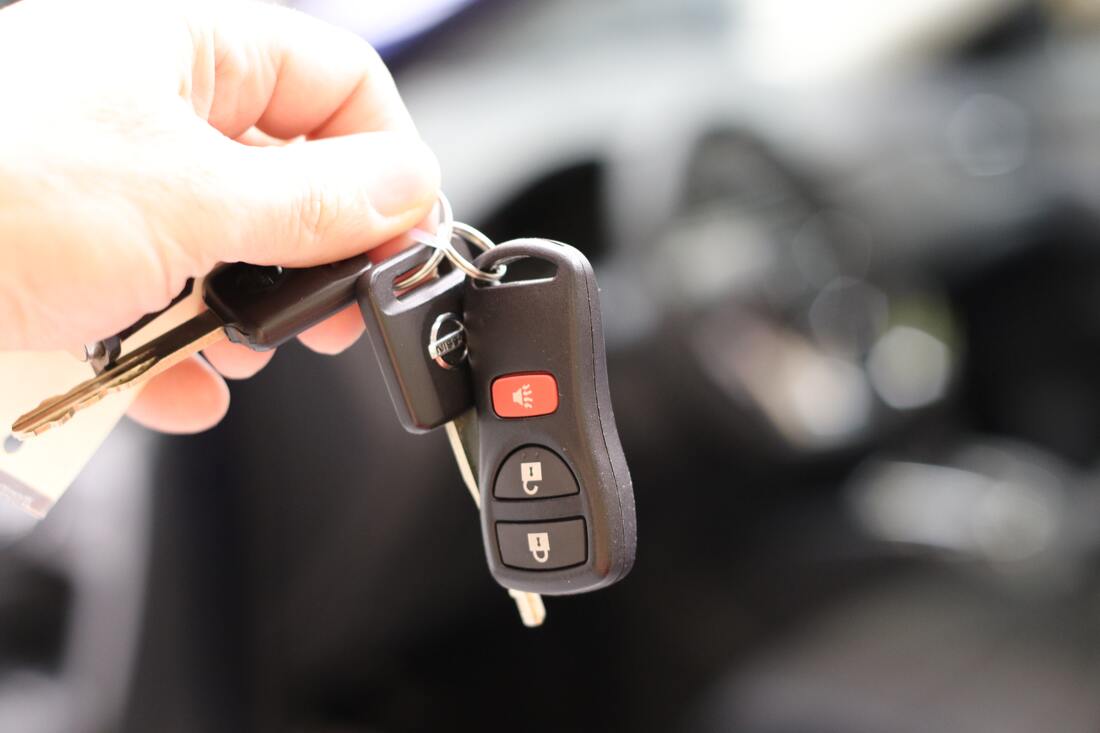|
One surprising benefit I have experienced after my ABM Neuromovement® practitioner training has been my increased ability and enjoyment of walking barefoot outdoors. I often watch my children run around barefoot outdoors on all kinds of terrain. I remember doing the same as a child, but over the years going barefoot has become more uncomfortable and not as enjoyable.
After my ABM work, I’ve noticed that my feet are able to move all the individual joints better (there are 33 joints and 26 bones in the foot) and are able to move and form to the terrain. This is what makes it easy and enjoyable to walk barefoot again. I had always thought that the soles of my feet needed to toughen up, but now I know that there is more than just tough skin needed. We need mobility, flexibility and the freedom to move that is often lost over years of wearing stiff and confining footwear. I will celebrate summer and join my kids with being barefoot outdoors!
0 Comments
My oldest son passed his learner’s test this spring and now must spend the next 6 months figuring out how to actually drive safely. This is a new experience for our family, and it brings back memories of my experience of learning to drive as a teen… it’s interesting how I remember the stress, conflict, and insecurity of that process – and we all have seen the stereotypes of anxious parents freaking out as their kids try hard not to make mistakes (and the tension increases since mistakes are inevitable).
I wanted my teen to be able to enjoy the process of learning this new life skill and create great memories of spending time together with me – and I wanted to avoid stress and anxiety for me, too! This brought me to the Nine Essentials of the Anat Baniel Method® NeuroMovement®. I already knew that following these Nine Essentials improves my clients’ ability to rewire their brains and learn new patterns of behaviour; I regularly use them for studying new concepts myself, and now I wanted to see how I could implement these principles while driving with my teen.
This little guy reminded me about the importance of the one of the Nine Essentials - the Essential of Slow.
First of all, while hiking the other day, I would have possibly missed seeing this beautiful snail if my friend had not seen him and pointed him out. My friend was able to slow down and spot the snail, that would have been so easy to miss. By slowing down and being in tune with our environment, with ourselves and how we feel in the moment, we are able to see, hear and feel so much more than if we are rushing around and moving through life quickly. This little guy also shows us how moving slowly is beautiful and intricate. Slow does not keep us from reaching our destination or our purpose in life. You need to slow down in order to learn a new skill and feel what you are doing and sensing. Slow catches the brain’s attention and creates new neural connections. You can only do what you know in a fast way. Remember our friend the snail today as you go through your day's activities. See how you can incorporate slow into your activities and pay attention to how slow makes you feel. Does slowing down bring more awareness to your body, more awareness of the people around you or to the problem that you are solving? |
AuthorLaura Friesen BMR(PT) is a certified Neuromovement Practitioner ArchivesCategories
All
|
Copyright © 2021 Friesen Holistic Wellness


 RSS Feed
RSS Feed